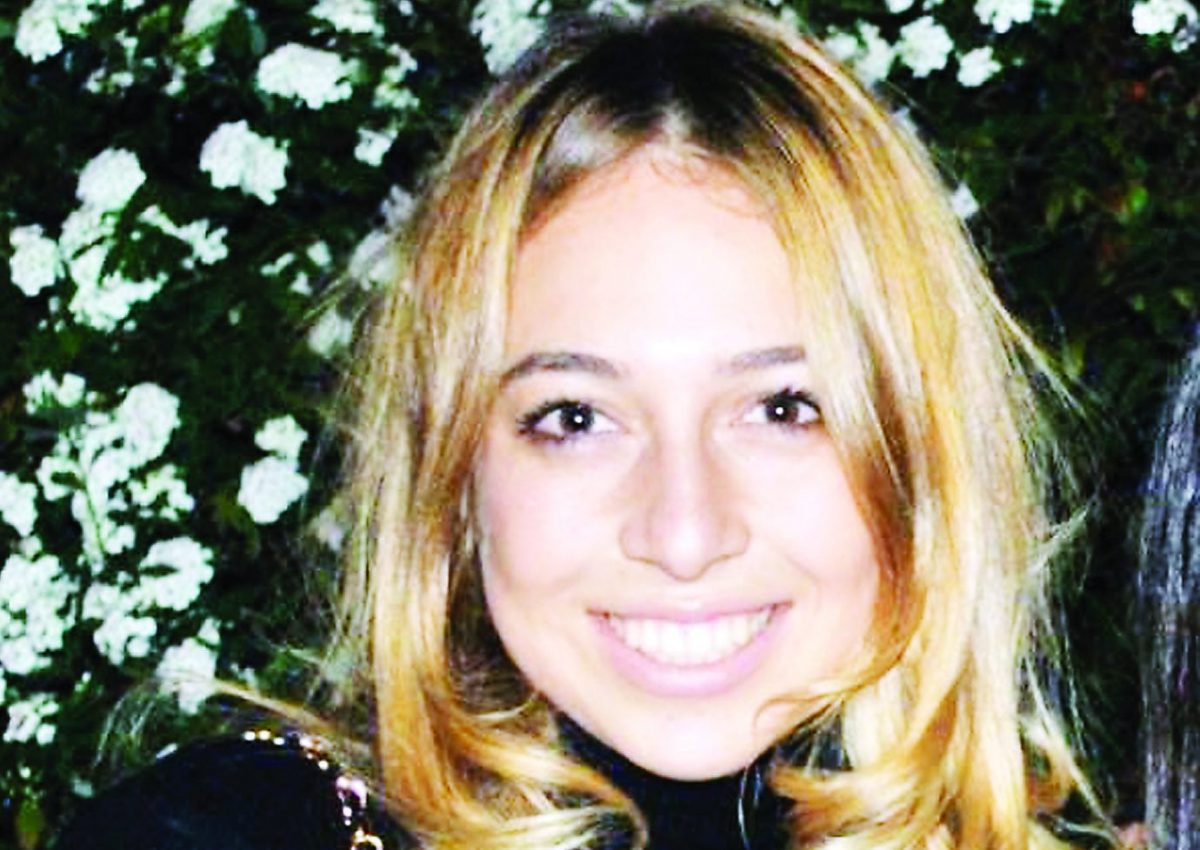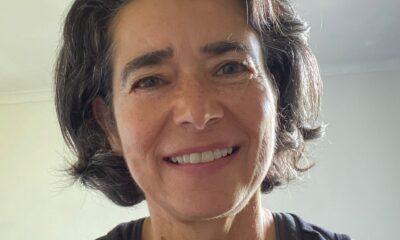
News

Stand up for the women felled by femicide
On 24 August 2019, a 19-year-old female student at the University of Cape Town named Uyinene Mrwetyana was brutally raped and murdered by a male employee at a post office when she went to pick up a parcel.
On 18 August 2020, a 19-year-old female student at the University of the Witwatersrand named Kwasa Lugalo was brutally murdered by her boyfriend in her own home in front of her 10-year-old sister. This same Kwasa had said in the past that she couldn’t smile because “women are dying every day, and people are doing nothing about it”. Kwasa, who was an activist against gender-based violence, has now become one of its victims.
These were two students with unfulfilled ambitions. One girl standing up for the other, but beaten down again. How many times will a university student, in their few years on campus, stand in front of the Great Hall and march for the same cause, but just different women?
I’m writing this article wondering where to start, and how we got here.
I wonder if it started with Tamar, King David’s niece. This is a story that is kept from being read as a Haftarah portion like a well-guarded family secret.
Amnon, the son of King David, lusted after his half-sister, Tamar, knowing all too well that she was off-limits to him. Yet in spite of this, he found a way to get Tamar alone in a room. Amnon faked illness, and informed his father that the only thing that would make him feel better was if Tamar brought him food.
King David, wanting to make his son happy, unwittingly put his daughter into Amnon’s devious hands. As Tamar approached Amnon’s bed, he grabbed hold of her. “Come lie with me, sister,” he pleaded. Sadly, I don’t even need to quote the text for you to guess what unfolded…
Tamar’s story is painful to digest, not only because it’s hard to figure out exactly what moral lesson we are supposed to learn from this explicit display of sexual violence, but because so many of our women can relate to this depiction of power and manipulation.
How did we get to the point where 51% of South African women have experienced violence at the hands of someone with whom they are in a relationship?
Is it because we don’t want to be “that feminist at the Shabbos table” who calls people out for making derogatory comments about and to women? Or is it that we slip it under the rug and agree that all is fine because “boys will be boys” and we don’t want to “make a big deal out of nothing”? Or maybe it’s because we spend too much time telling girls to be careful, and not enough time telling the boys to care?
Unfortunately, I don’t know how we got to this point. So, while I am still searching for my answer, I have made the decision to put more effort into finding out where we are going, and how we going to get there.
I can no longer scroll through my phone to see countless stories of women and girls suffering and know that I am doing nothing about it. I can no longer say, “Och shame, did you hear about that girl?” I can no longer sit down and not stand up against this.
I go to protests, in places that I know my parents would freak out about, so that I can speak for those who died before they could be heard. I visit the family of Tshegofatso Pule (who was eight-months pregnant when she was stabbed to death and hanged from a tree) so that I can pay my respects to her family. I’m part of the African National Congress Women’s League Young Women’s Desk so that I can bring justice to all the women in our country. I answer boys back, and I call men out because I have a voice.
But this isn’t something that just a few women in our community (a shout out to all of them) should occupy themselves with. Gender-based violence is the real epidemic our country faces, and our community isn’t immune.
It’s time we all started getting involved, showing up, and standing up for our sisters, daughters, friends, and mothers. For all the South African women out there – whether we know them or not – they are one of us!
Miriam made tambourines while the Jewish nation were slaves in Egypt. Devorah led a successful war, and Esther lived in a critical time, but rose to the occasion. I stand, and every Jewish women stands, on the shoulders of redeemers, warriors, and saviours. They have entrusted us with a legacy, and passed the baton on to us.
So I ask my South African Jewish community, where are you? Because here I am, and I don’t want to be standing alone. Let’s make sure that Kwasa can smile in heaven, because even if women are dying every day, we’re doing something about it.
- Gabriella Farber, 22, is studying BA Law and International Relations at the University of the Witwatersrand.










